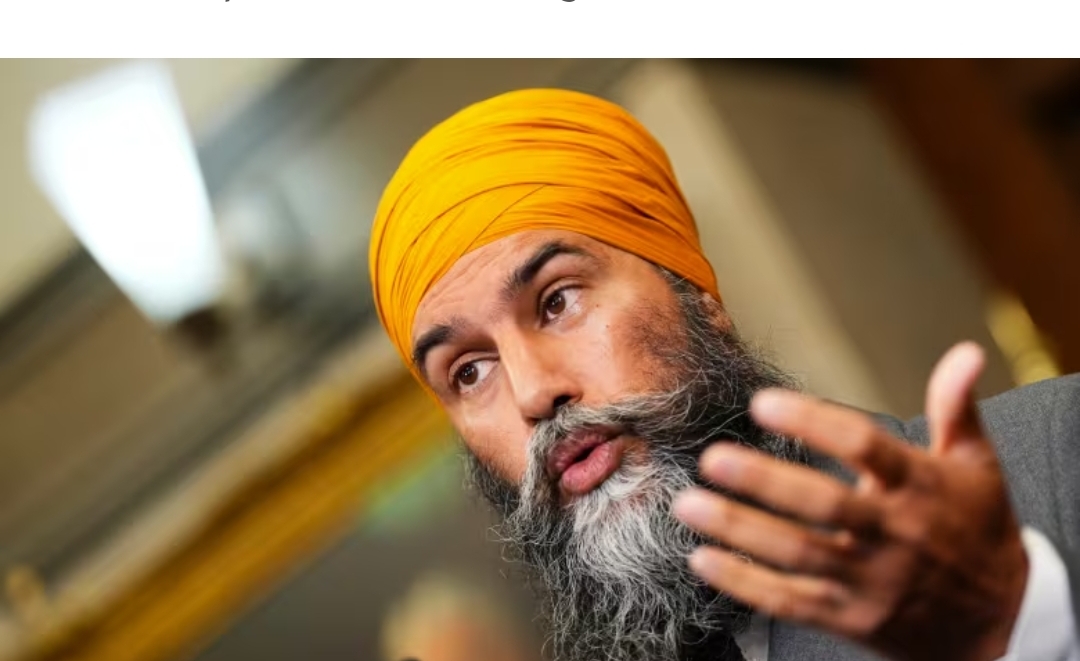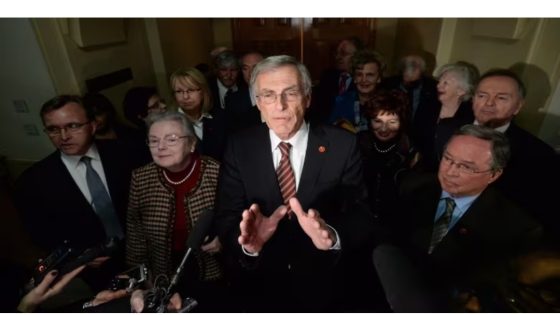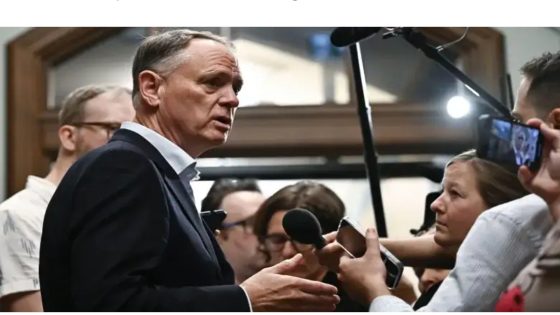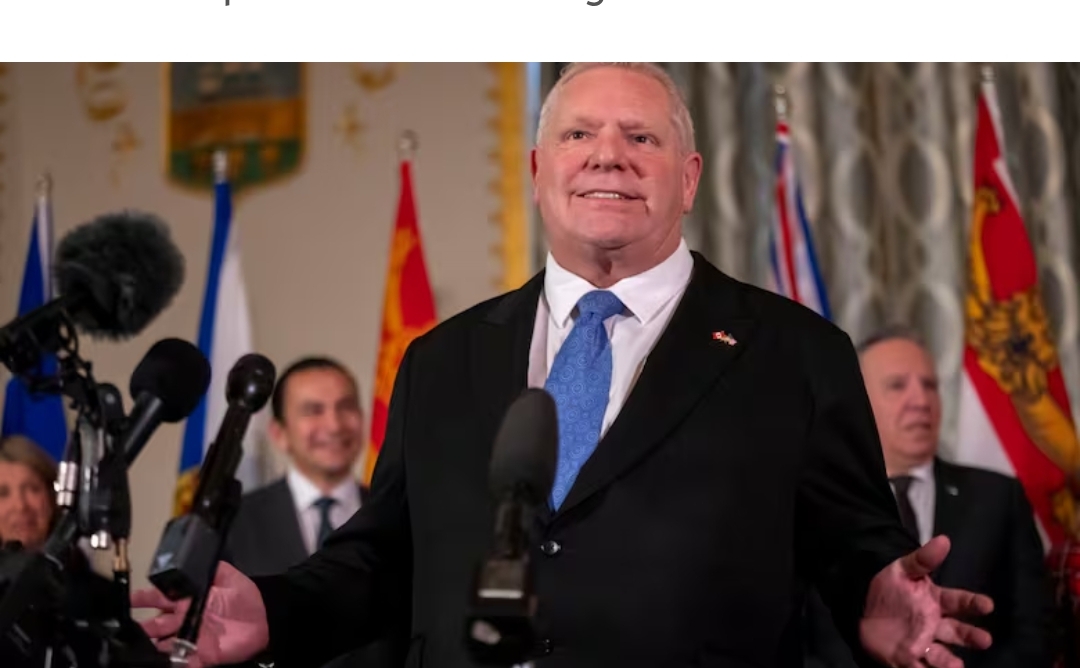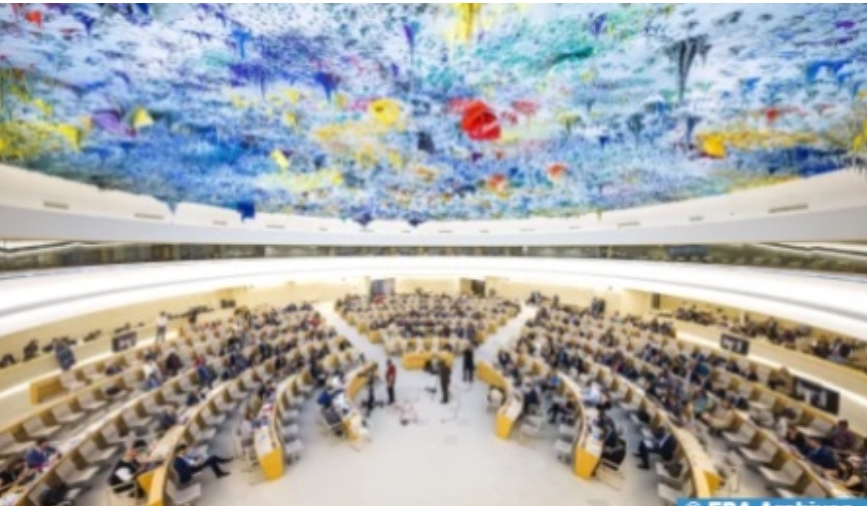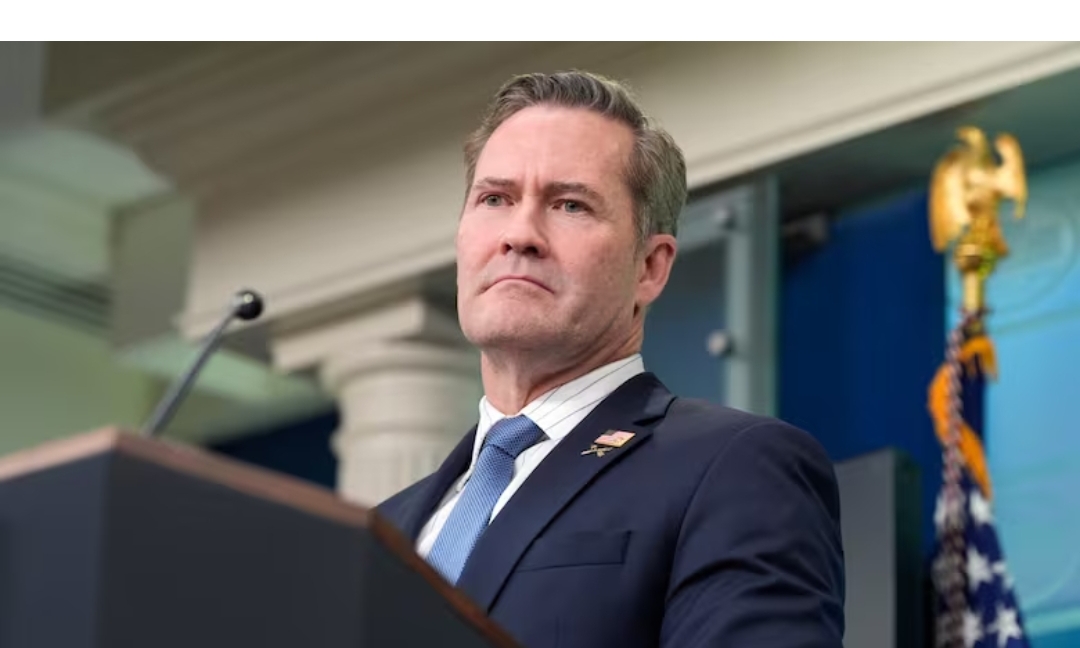Assahafa.com
When the going gets tough, political leaders sometimes feel the need to get going. And the scramble for safer ground is not always elegant.
So it was for NDP Leader Jagmeet Singh when he tried (again) last week to put some distance between himself and the Liberal government’s carbon pricing policies.
Speaking to reporters in Montreal, Singh offered two thoughts on the government’s consumer carbon tax. First, he cited his disagreement with the government’s decision to exempt home heating oil from the federal fuel levy. Second, he said New Democrats “want to see an approach to fighting the climate crisis where it doesn’t put the burden on the backs of working people.”
The NDP is hardly alone in quibbling with the exemption for home heating oil that was announced last fall. The wisdom of that change is certainly debatable.
But inconsistency in the Liberal government’s approach doesn’t compel the NDP to abandon the policy entirely. If New Democrats think the Liberal approach is inconsistent, they could always just promise to eliminate the exemption.
Party insiders discuss what NDP Leader Jagmeet Singh and B.C. Premier David Eby distancing themselves from the Liberal carbon tax could mean for Canada’s climate policy.
Singh’s comment about the “burden” of climate policy suggests a broader rejection of that policy. But that comment also flies in the face of the fact that 90 per cent of the revenue from the fuel levy is rebated to Canadians — the Parliamentary Budget Officer has found that most households, particularly low-income households, receive more from the rebate than they pay in additional costs.
If Singh is ready to oppose the federal carbon tax, he has to explain what he would do instead. The federal fuel charge is projected to account for somewhere between eight and 14 per cent of Canada’s emissions reductions between now and 2030. How would Singh make up for that?
The question before Canada’s political leaders right now is not whether there should be a carbon tax. It’s how Canada is going to reduce its emissions and do its part to fight global climate change.
And while political leaders eagerly line up to criticize the carbon tax, many of the same politicians are failing to answer the bigger question.
Poilievre’s tireless campaign against the carbon tax
The easiest explanation for Singh’s equivocation — which deviates from the NDP’s campaign platforms in 2019 and 2021, when the party said it would maintain the carbon tax — is the political threat posed by Conservative Leader Pierre Poilievre, who has loudly and tirelessly campaigned against the federal carbon tax over the last two years.
Speaking to Conservative MPs last Sunday, Poilievre pushed his rhetoric even further, warning of “mass hunger and malnutrition” if the carbon tax continues to increase as scheduled. A higher price on carbon, Poilievre said, would “shut down our entire economy” and result in an economic “nuclear winter.” Prime Minister Justin Trudeau’s “crazy carbon tax obsession,” Poilievre claimed, is an “existential threat to our economy and our way of life.”
It might be noted that Conservatives have been warning darkly about the potential impact of a carbon tax since long before there was one. On Sunday, Poilievre said the federal carbon tax — which has now been in place for more than five years — was directly responsible for food bank usage and children going hungry. But the higher food prices of recent years are likely attributable to other factors.
Poilievre’s latest argument against the carbon tax draws from economic projections provided to the Parliamentary Budget Officer and released by the federal government this past spring. According to that data, the federal carbon price will reduce Canada’s GDP by approximately one per cent in 2030, when it is scheduled to reach $170 per tonne of emissions.
In relaying these findings, Poilievre has said the carbon tax will “blow” a $25 billion “hole” in the Canadian economy. To be clear, that $25 billion “hole” is the difference between Canada’s real national GDP in 2030 being $2.688 trillion or $2.663 trillion.
That’s not nothing. But there are many existing taxes and regulations that impose some kind of cost on the economy. The mere existence of a cost doesn’t necessarily mean a measure isn’t worthwhile.
Trudeau says Singh, NDP ‘caved’ to political pressure in fight against climate change
B.C. will scrap consumer carbon tax if Ottawa drops requirement
Singh won’t say if NDP climate plan will include consumer carbon tax
When it released the data last June, the federal Department of Environment and Climate Change cautioned that the estimates did not constitute a “comprehensive” economic analysis of the impacts of federal carbon-pricing policy — in particular, the data did not attempt to account for any economic benefits associated with decarbonization.
The government also pointed to the potential benefits of lower emissions. Using a measure known as the social cost of carbon — an estimate of the global economic damage caused by each tonne of greenhouse gas emissions — the government projects that the “avoided costs” produced by federal carbon pricing policy will equal $23 billion in 2030.
As always when discussing action to combat climate change, there is some tension here between domestic costs and global benefits — Poilievre is pointing to the former, while the social cost of carbon measures the latter. But the cost of climate change is still relevant to the larger discussion.
In a report released in 2022, the Canadian Climate Institute estimated that by mid-century, the impacts of climate change would reduce Canada’s GDP by $101 billion in a scenario where global emissions remain high. In a low-emissions scenario, the annual cost would be reduced to $78 billion (investments in adaptation reduce that cost further).
It’s also important to note that the $25 billion reduction in GDP is associated with both elements of the federal carbon-pricing policy — the industrial carbon price and the consumer carbon tax. And so far, Poilievre has only committed to eliminating the consumer tax. Alberta’s major oil and gas producers have asked him to clarify his position on the industrial price.
For his part, Singh has said the NDP would somehow toughen the industrial price.
If not a carbon tax, what?
Of course, if Poilievre has a set of proposals that would achieve the same level of emissions reductions at a lower cost, he could always just present it. To date, he hasn’t. (Economists have long argued that putting a price on carbon is the most efficient way to reduce emissions.)
In an essay published this week, Sean Speer, a former director of policy in Stephen Harper’s Conservative government, argued that “Canadian conservatives shouldn’t shy away from climate policy.” In fact, he said, conservatives can “lead the way.”
That’s an intriguing notion. But climate change has been a known threat for more than 30 years. In 2007, Harper himself called it “perhaps the biggest threat to confront the future of humanity today.”
And yet, in 2024, it’s not possible to say what Canadian Conservatives would do to meet Canada’s greenhouse gas emissions targets. In addition to opposing the carbon tax, Poilievre also says he would repeal the government’s clean fuel regulations. Alberta Premier Danielle Smith has criticized both clean electricity regulations and a cap on oil and gas emissions.
Like any piece of public policy, the carbon tax is worthy of debate. But ultimately, the question before Canadians is not whether there should be a carbon tax.
The real question — the biggest question confronting Canadian political leaders today — is what governments should do to reduce the emissions that cause climate change. And that question won’t get any smaller if the carbon tax goes away.
Source: cbc
